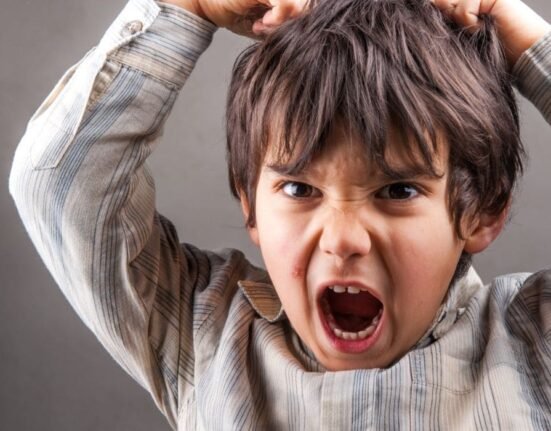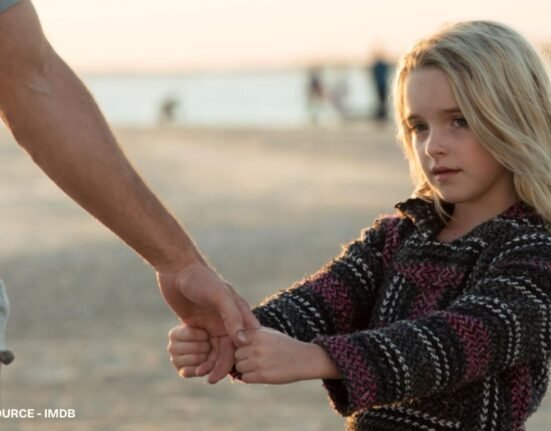The Basics of Child Psychology
Child Psychology, also known as child development is a scientific principle that focuses on the psychological processes of a child. This topic is sometimes included with topics that talk about infant development, adulthood and even ageing, or as a whole, in development psychology.
Child Psychology mainly focuses on how the psychology of a child is different from that of an adult, and how their processes and behaviour differ from other adults and even other children. It talks about how children develop from infancy to adulthood and how these developmental stages are different for each child. Child Psychology focuses on every aspect of development starting from the prenatal stage to the adolescent stage. It tries to explain not only the physical development processes but also cognitive, emotional, and social development.
The five stages of development that child psychology consists of are (Cherry, 2023)
- Newborn
- Infancy
- Toddler
- Preschool
- School Age
Today, this field realizes that every child’s development is unique and complex. However, to understand in depth, the basics of child psychology, we need to talk about its history. The period when children were just seen as younger versions of adults.
History
The study of children as an empirical science can be seen as early as 1840 when Charles Darwin began to form a record of the growth and development of his child. He aimed to collect as much data as possible as if observing a species entirely new. Pedagogical Seminary was published in 1891 by G. Stanley Hall which was a periodical devoted to pedagogy and child psychology. The early 20th century also saw the emergence of intelligence tests and child guidance clinics were also established. The 20th century also saw the emergence of In the 20th, psychoanalysis was developed rapidly.
Jian Piaget
The development of children from the psychoanalysis viewpoint was also brought under the spotlight. However, if we have to give credit to one notable psychologist who has a distinct influence in the field of child psychology, that would be—Jean Piaget of Switzerland. Jean Piaget stated that children’s thought process was different from that of an adult. Albert Einstein thought that this discovery was indeed very simple but could only be thought of by a genius.
Piaget created the theory of through acquisition through firsthand observation and interaction. He outlined the numerous developmental stages of childhood learning and described how kids viewed the world and themselves at each stage. Today experts in child psychology focus on answering the bigger picture such as the role of nature and nature in childhood development and the role of early experiences as compared to later ones. They also focus on factors in early development that might lead to various psychological problems.
Child psychologists are highly interested in helping children develop and grow in ways that are appropriate and healthy. Some of the topics they are interested in include self-esteem, school, parenting, societal pressures, and other topics. Child psychologists may use a more comprehensive approach, or they may specialize in helping children deal with particular developmental difficulties. Either way, these experts work to support children in overcoming possible obstacles and developing in ways that result in positive outcomes (Goswami, 2014).
Nature and Nurture
One fundamental concept in child psychology is the nature vs. nurture debate. This debate revolves around the question of whether a child’s development is primarily influenced by their genetic makeup (nature) or their environment and experiences (nurture). Research suggests that both nature and nurture play crucial roles in shaping a child’s development. Genetic predispositions interact with environmental factors to influence various aspects of a child’s life, from intelligence to personality.
Cognitive Development
Earlier we talked about Jean Piaget. In this section of the article, we will talk about his theory of cognitive development which is one of the fundamental concepts in child psychology. The theory of cognitive development post is that children’s thinking develops from one stage to the next. The development includes the changes in behaviour, thinking, perception, etc.
The four stages are
- Sensorimotor: This stage occurs between 0-2 years. As the name suggests, it mainly posits that at this stage children mainly use their senses to explore the world. Object permanence was one of the key concepts listed in this stage.
- Preoperational Stage: This stage occurs between 2-7 years. Children at this stage are still unable to engage in logical thinking. However, they begin to grasp the use of language and take part in symbolic play.
- Concrete Operational Stage: This stage occurs between 7 – 11 years. Children at this stage begin to develop their cognitive abilities. They become more logical and organised and understand concepts like reversibility and conservation.
- Formal Operational Stage: This stage occurs at 11 years and above. Children begin engaging in complex cognition like thinking about moral and ethical grounds, abstract thinking and hypothetical reasoning.
Social and Emotional Development
Child psychology also deals with the implications of parenting and education on children. One of the concepts it explains is called Attachment Theory. This theory tries to study how attachment to caregivers, typically the mother, has a profound impact on a child’s emotional development. Secure attachments foster emotional well-being. John Bowlby and Mary Ainsworth are the key pioneers in this field. This field also focuses on how social skills are fostered in children and its importance. It also studies how a child engages in empathy and emotional regulation and how all these concepts are important for fostering good, balanced, and healthy relationships in the future.
Conclusion
Child Psychology is a dynamic and evolving field. By understanding the basics of child psychology, we can better support the cognitive, emotional, and social development of young minds, paving the way for a brighter future for the next generation.













Leave feedback about this